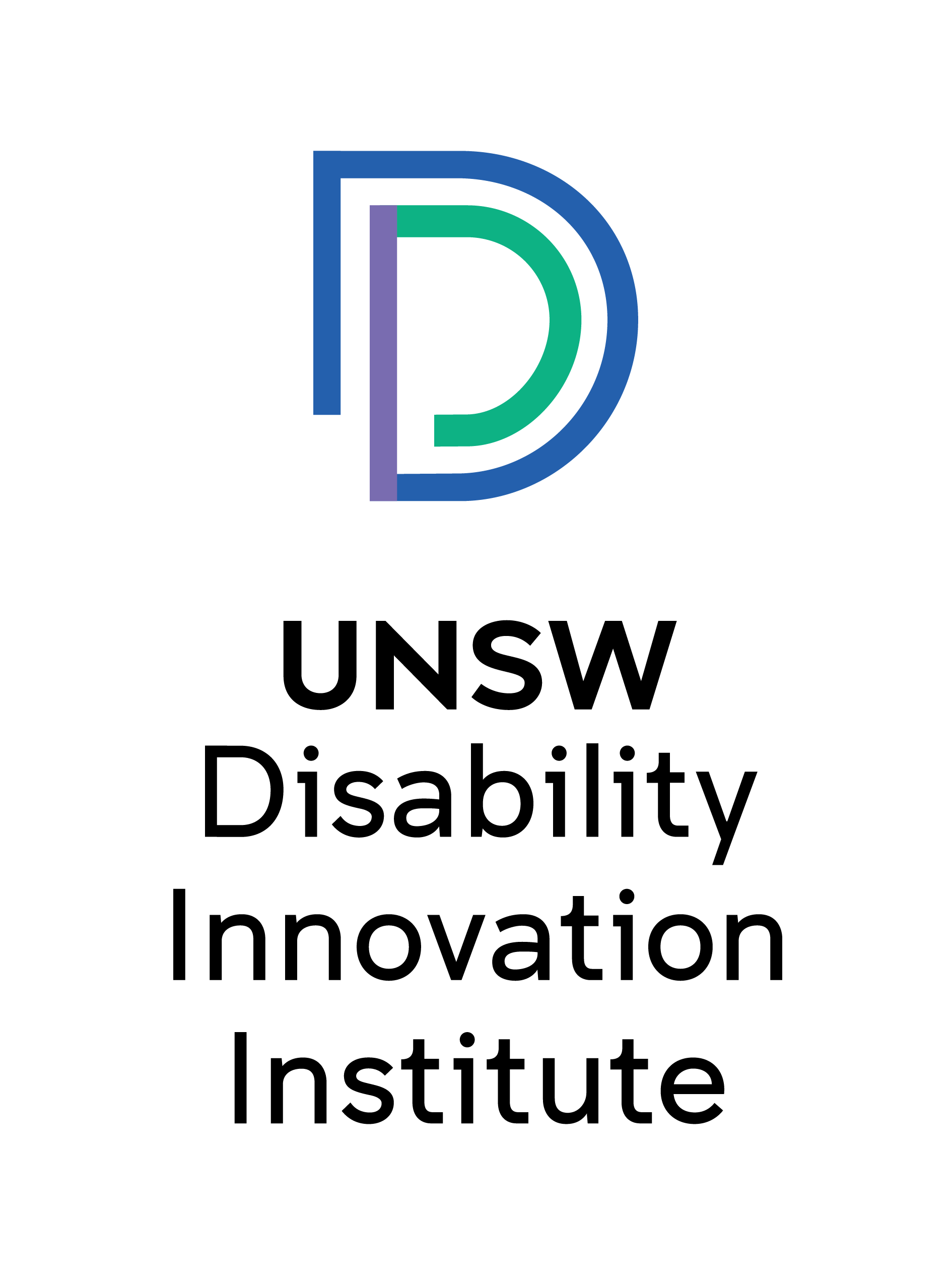ARC Discovery Project Shared Grant, June 2021–June 2023
Advances in DNA sequencing mean pregnant people are now offered information on a rapidly expanding array of potential disabilities and disabling conditions. The rationale for offering genetic testing in pregnancy is usually that it will “maximise reproductive choice” or “autonomy”: that providing prospective parents with knowledge about their future child’s likely genetic makeup will help them make better, more informed choices. However, the genomic information may be complex and uninterpretable, and therefore of little use to clinicians or prospective parents. “Reproductive autonomy”, the ability to reflect critically on values, desires and preferences and to draw on this ability when making choices before and during pregnancy, is frequently given as the key underlying rationale for prenatal testing. Yet the dominant interpretation of reproductive autonomy remains seriously deficient, especially in terms of making decisions about disability.
The project’s team of researchers (from UNSW Sydney, University of Sydney, University of Melbourne and Memorial University, Newfoundland, Canada) are examining whether current understandings of what reproductive autonomy is, and how it can be exercised, are adequate in this new clinical landscape.
In a series of in-depth interviews with healthcare professionals and parents, the investigators are exploring attitudes towards, experiences of and ethical concerns about contemporary genomic testing in pregnancy, focusing on the relationship between testing and reproductive autonomy.
Professor Jackie Leach Scully is directing a large part of this empirical work and is examining how new genomic knowledge is influencing people’s thinking about disability in general, and in particular the acceptability of prenatal selection around anomaly.

